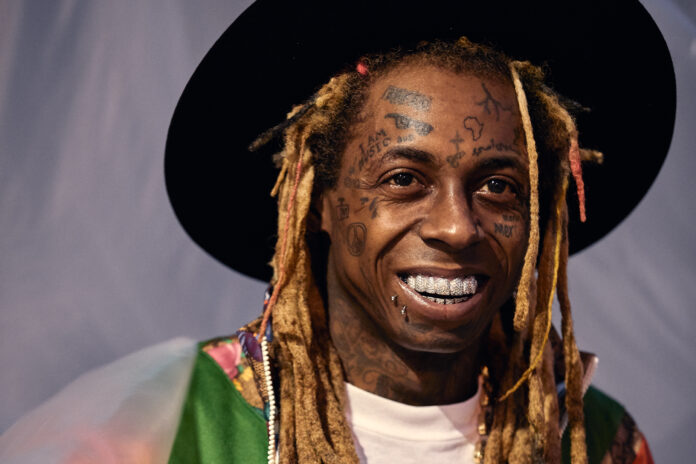Nigeria is the most populous country in sub-Saharan Africa, with about 200 million people living in an area size of California. From its tropical south to the arid Worth, Nigeria as a country is a concept and product of colonialism, bringing together more than 250 ethnic groups within fairly arbitrary borders. The international community is recognizing that people of African descent represent a quite distinct group whose human rights must be promoted and protected. There is a large percentage of African Americans that genetics link to many of the ethnic groups that occupy what is now Nigeria.
Yoruba, Igbo, and Hausa are the most popular ethics groups of Nigerian ancestry. The total number of Nigerian immigrants who reside in the United States is rapidly growing and expanding from a small 1980 population of 25,000. The 2019 American community survey estimated that about 461,695 United State residents were of Nigeria Ancestry. The 2019 American survey community further estimated that about 392,811 of these, 85%, were born in Nigeria.
Nigeria is one of the African countries with the most migrants to the United States as of 2013. A study that was carried out by consumers’ genetics company 23andme involves the DNA of 50,281 people of African descent in the United States, Latin America, and western Europe. According to research, it was revealed that Nigeria is the most common country of origin for testers from the United States, the French Caribbean, and the British Caribbean. During the period of the transatlantic slave trade, more than about 12.5 million enslaved persons were shipped from Africa to the United States, with 3.5million of them being from Nigeria. There are lots of communities of people with Nigerian ancestry, mostly in Brazil, Jamaica, and Cuba, who have retained some of their ancestral beliefs and traditions.
The largest concentration of genes from African Americans comes from the Yoruba people, the ancestors of current-day Yoruba people from West Africa (one of the largest African ethnic groups). The Oyo Empire, which is the largest and most powerful centralized government among the Yoruba people, heavily dealt with the slave trade. Many African kings and chiefs sold children and war prisoners to Europeans to become enslaved people for weapons and other goods. Many of them were rescued and rerouted to Sierra Leone, and many of the Yoruba people and children were sent to North America, the Caribbean, and Brazil. Yoruba enslaved people had a large influence on the cultures of the southern United States, the Caribbean, and South America, especially in terms of religion, culture, and language.
Finally, Hausa and Fulani people were also enslaved, though to a lesser extent. Fulani people were enslaved more frequently, not only due to their large, widespread range throughout West Africa and not only in Nigeria, but they often lived on what were the ancient Trans-Saharan roads of trade, many of which had been used to sell enslaved people in earlier days and was used for the Atlantic slave trade. The Fulani rulers were also involved in the trans-Atlantic slave trade, sourcing the enslaved people through raids and from captives by waging war. Many more Fula people from places like Senegal, Guinea, Sierra Leone, and the more common Mandinka people.
However, the genetic study provides nuances to these historical records. For instance, there is little documentary evidence of captives transported from what is now Nigeria to North America. However, the sample DNA of African American participants in the survey showed an unexpectedly high percentage of origin from modern-day Nigeria.
